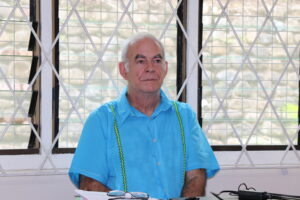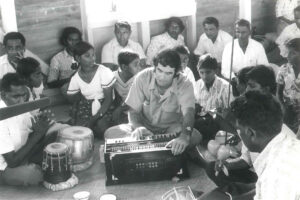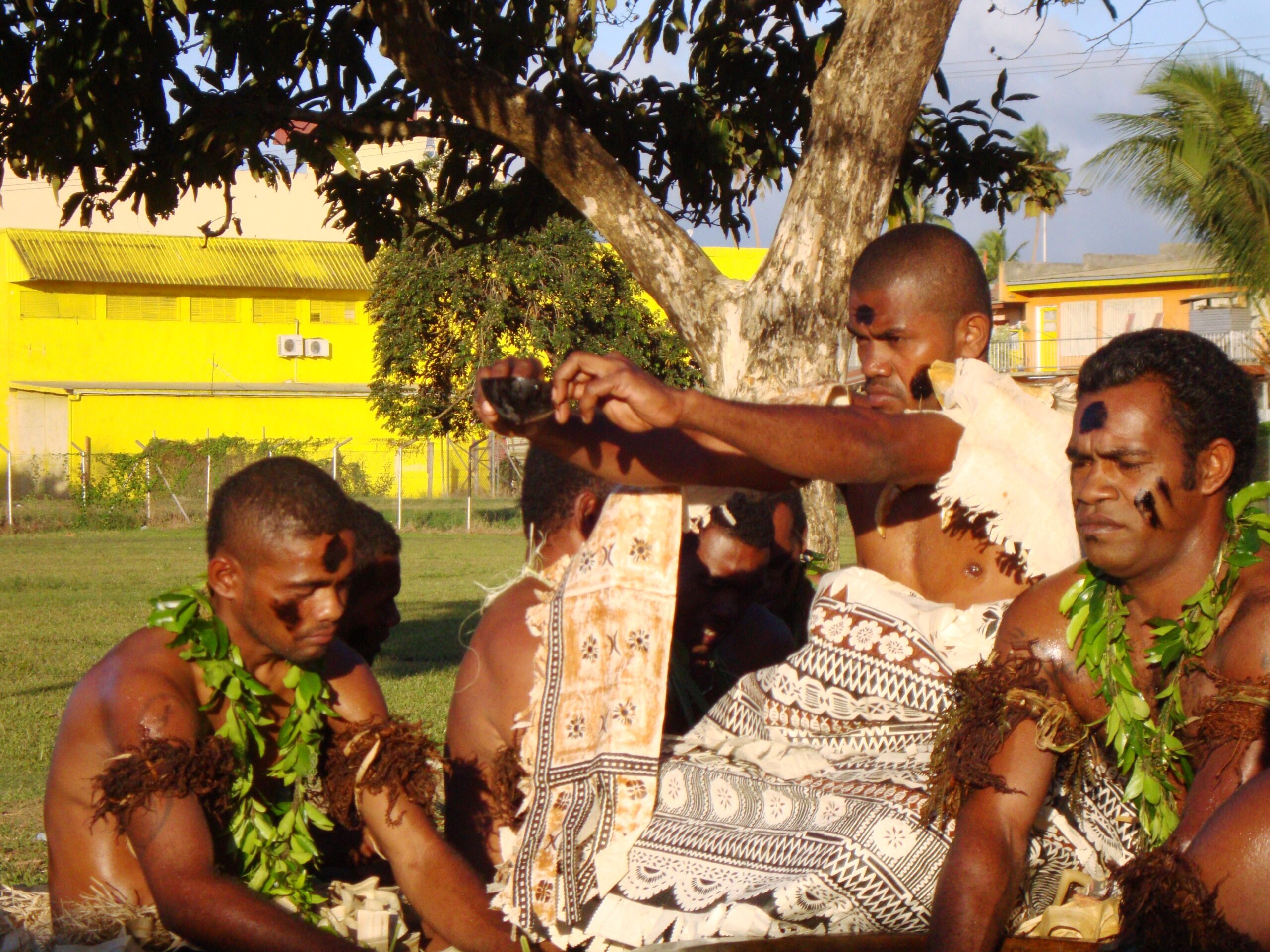Fr Frank Hoare, a Columban missionary in Fiji, reflects on his decision to become a missionary priest when he was seventeen and has no regrets about his choice.
I was standing by the bed of a Hindu ascetic dying of cancer in a monastery in North India. He shared with me the call he heard from God to leave behind his university degree, a girl his parents had chosen to be his bride, and even the monastery he had joined. He felt called to search for God in meditation in a small hut in the high Himalayas where the Ganges River rises.
During the 20 years he lived in Gangotri, he and a half dozen hermits scattered throughout the snow-filled valley were completely cut off from the rest of the world for six months of each year. “If you were 21 years old again, would you still choose that life,” I asked. “Yes, I would,” he replied, “I’m mature in this life now. I am saturated in spirituality. There would be no other way I could live.”
Recalling this, I remember as a 17-year-old student trying to decide what to do with my life. I wanted to do something so that, when old and preparing to die, I could feel that my life had been worthwhile – of service to God and to people. Pictures of African babies on a collection box in a local shop touched me. Money was needed to send missionaries to baptise the children so they could reach heaven.
The theology was pre-Vatican II, but my concern was genuine. Later I heard of the millions of Catholics in Latin America who, because of a shortage of priests, could only receive the sacraments once a year. So, I thought of joining the Columban missionaries.

Columban missionary Fr Frank Hoare.
But celibacy raised a red flag. It hit me one day at a football game as I noticed a young lady nestling in the arms of her boyfriend in front of me. Would I be lonely for life? Could I live without a wife and family, without a home of my own? Would my life be deprived of warm intimacy with people because of the role, the uniform and the exile from homeland?
I obsessed over the decision for some weeks. Then one evening at dusk, having despaired of thinking through the conflicting ideas, I sat limp at the back of my parish church. The red light in front of the Blessed Sacrament seemed to reach me in the darkening church. I discovered an unexpected peace envelope me. Yes, I would give it a go.
Years later I met Fr Philip Manthara, an Indian Jesuit priest, who was totally committed to justice for the impoverished Dalit (or outcast) people in North India. He was out most nights at meetings helping them to analyse their problems and to overcome the injustices they endured. I asked him if he missed not being married and having a family. “I couldn’t ask any woman to put up with my way of living,” he said. I was surprised to hear myself say, “I feel the same.”

A young Fr Frank Hoare with Indo-Fijian parishioners.
Of course, if we are generous with God, God is more generous with us. “Then Peter spoke up, ’Look,’ he said, ‘we have left everything and followed you. What will we have?’ Jesus said to them, ‘…And everyone who has left houses, or brothers or sisters or father or mother or children or fields for my sake, will receive a hundred times more and will be given eternal life.’” I have experienced the truth of Jesus’ promise in many fulfilling relationships with people in Fiji. They have enriched me greatly.
Life is a journey in search of God and of our true selves. Missionaries leave home to share the love of God in Jesus Christ. In meeting the other I come to know myself and I get a glimpse of the Other. Love is experienced in both the giving and the receiving. Human love points to the greater love of God to which we are privileged to witness.
In the pluralistic world of today, most of us have the opportunity to journey with others who have different rays of the divine truth. Moreover, supporting missionaries in any way makes us part of the missionary outreach of God, the Church and Columbans. We share in its graces.
I remember administering the sacraments of Penance, Eucharist and Anointing of the Sick to an old Fijian man. He sat up in his bed then and announced, “Father, I have done my duty to the community, to the government and to the Church.” He was looking back on a life in which he had been faithful to his responsibilities.
I hope I can say at the end, “I have done what I could. There is no other way I could live.”


